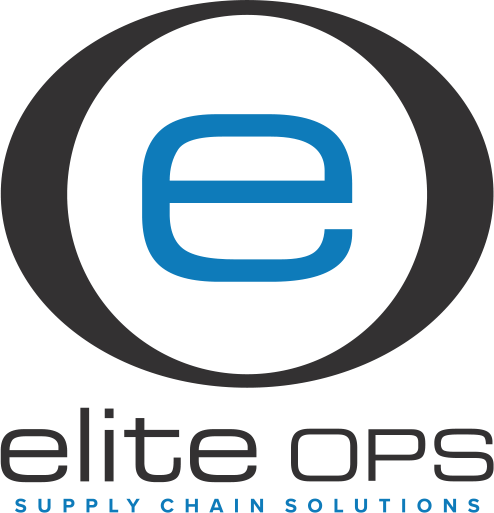Backlog vs. Backorder in Supply Chain Management
It’s not always easy to pay attention to your supply chain or your third-party logistics provider. You’re brilliant at thinking up products and new strategic approaches, and reviewing the details of your supply chain may not be at the top of your to-do list.
But understanding and mastering certain aspects of your fulfillment process can improve your reputation and profitability. Any business owner can be interested in that.
For example, if you really understand the difference between a backlog and a backorder in supply chains, it can alter your business decisions—and make your company stronger. That’s why we need to define and contrast the terms “backlog” and “backorder.”
What’s the Difference Between Backlog and Backorder?
Many supply chain experts say that a backlog in a supply chain is good for your business but that a backorder is bad. But they sound very similar. What do these terms really mean?
Backlog in Supply Chains
Your backlog is all the products your customers have ordered which have not been shipped out yet. For example, if your customers order teddy bears on January 1 to be shipped by February 1, they will be on your backlog.
Backorder in Supply Chains
Your list of backorders includes every product that is shipping late. If you promised to ship by February 1 but didn’t ship until February 2, those late products are your backorders. (Note that these backorder products will still be included on your backlog too.)
Are Both Backlogs and Backorders Bad?
A backlog is fine or even great for your company. In contrast, backorders are almost never good for you.
Pros of Backlogs
When you have earned a list of orders and are able to fulfill them on time, you have revenue flowing in and activity for your employees. Delivering in a timely fashion will improve your reputation, and your customers would be interested in ordering from you again.
Cons of Backorder Inventory
When you have products that should have been shipped by a certain date but were not, it usually leads to dissatisfied customers. Customers might even cancel an order once they see it will be late. They’ll probably switch to a new supplier and might not come back to you in the future.
The Impact Backorders Can Have on Your Business or Supply Chain Company
We’ve noticed that small changes in your customers’ buying patterns can be magnified in your supply chain. It can be visualized as a small splash in a pond turning into a large wavefront by the time it reaches the shore.
For example, if your logistics team has fallen behind and built up backorders, some customers might cancel their orders. This could lead to a decrease of, say, 6% in demand for products. But supply chains tend to overreact to such changes. They might end up producing, say, 40% fewer products, which could lead to even more supply problems, backorders, and cancellations.
How to Limit the Negative Impact of Backorders
Backorders can lead to a cascade of problems for a company. There are a lot of reasons to always send orders on time and build a list of loyal, satisfied customers. Here are a few ways:
-
- Warn Your Supply Chain about the Ripple Effect: Explain to your suppliers that a change of just a few percent in order numbers doesn’t have to lead to a 30–40% change in production.
- Ask for More Data Sharing: Build trust with your suppliers, and share information between your firm and theirs as much as possible. In order to avoid unnecessary production changes, they need as much data about your operations as possible, while you also need to see their inventory and production numbers.
- Use a Warehouse Management System: Install a software suite and other technologies that track your inventory and accurately predict the number of products you need.
Reduce Backorders with Elite Ops
Now that you know the dangers of backorders in your supply chain, what can you do to ensure you’re not late to deliver products?
One key strategy is outsourcing. At Elite OPS, we have spent 25 years refining our supply chain management solutions. We’ll make sure your inventory levels are always optimal, your warehouse is well-organized, and your orders are always fulfilled on time. We can communicate with your suppliers and improve your supply chain to make it more profitable.
If you want to know more about our fulfillment and processes services, contact Elite OPS today to get a free quote.








